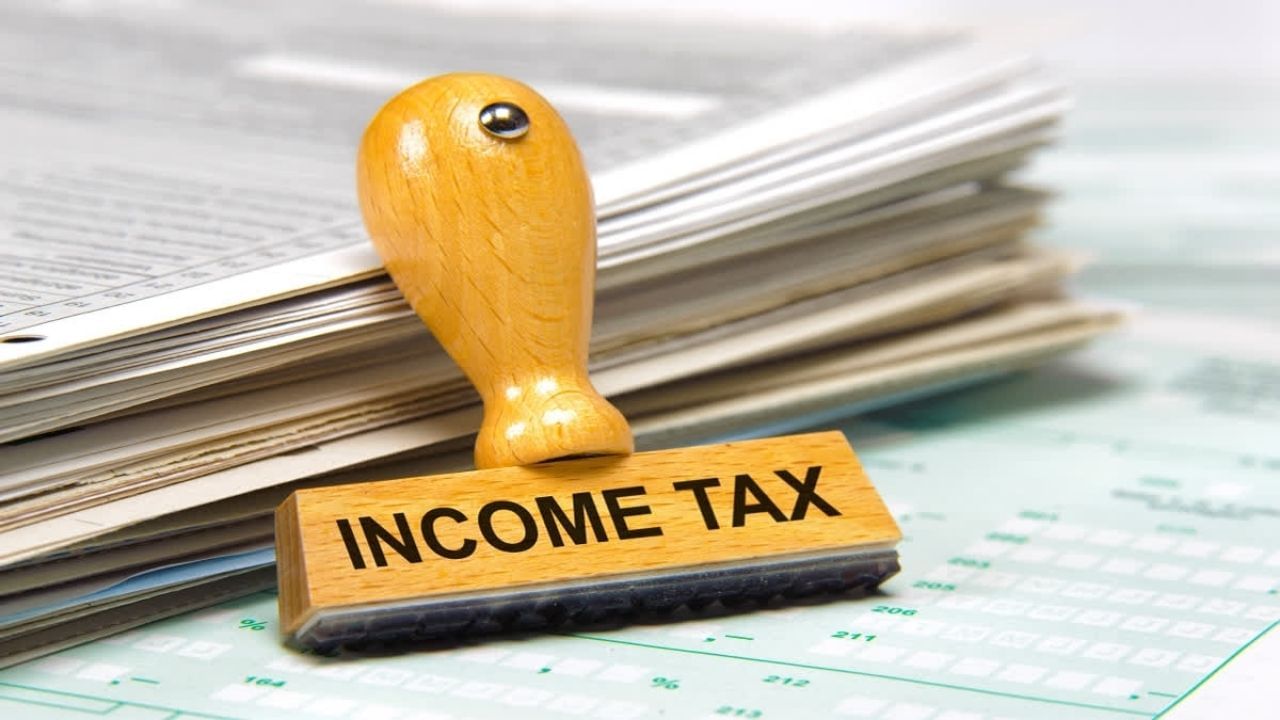Cashback received after digital payment, online shopping or bill payment has become common nowadays. People consider it an easy way of bonus or savings. But now the Income Tax Department is also monitoring such transactions. If you got a large amount of cashback and you did not show it in income tax returns, then notice is likely to come.
When will cashback be considered taxable income?
According to tax rules, cashback can be placed in the category of “income from other sources”, especially when its amount is large. Expensive purchases such as international flight tickets, luxury hotel booking, cashback on expensive mobiles or gadgets can come under the purview of tax. If a person repeatedly transacts to get a large amount of cashback, the department can also count it into income. Cashback of thick amount continuously can also cause doubt to come to your account.
According to a Mint report, in 2016, Rohit Singh, working in a private company, was surprised when he received a notice from the Income Tax Department. The reason was the cashback of ₹ 2,500, which he got on debit card transactions. Rohit did not consider it a taxable income and did not mention it in the return. But the department sent a notice considering it as “income from another source”. With this you can understand even a small lapse can cause notice.
How to avoid tax notice?
- Keep a record of every cashback and cash transactions.
- If the amount is big, then include it in your ITR.
- File income tax returns on time.
- Avoid depositing large amounts in cash again and again.
Does small cashbacks also be taxed?
If the cashback is of a small amount like ₹ 50, ₹ 100 or ₹ 500 and is found on normal purchase or digital payment, then it is usually not considered taxable. Such cashback is seen as encouragement or discount. But it is necessary to be vigilant on the big and repeated cashbacks, because they can be considered part of the income.
